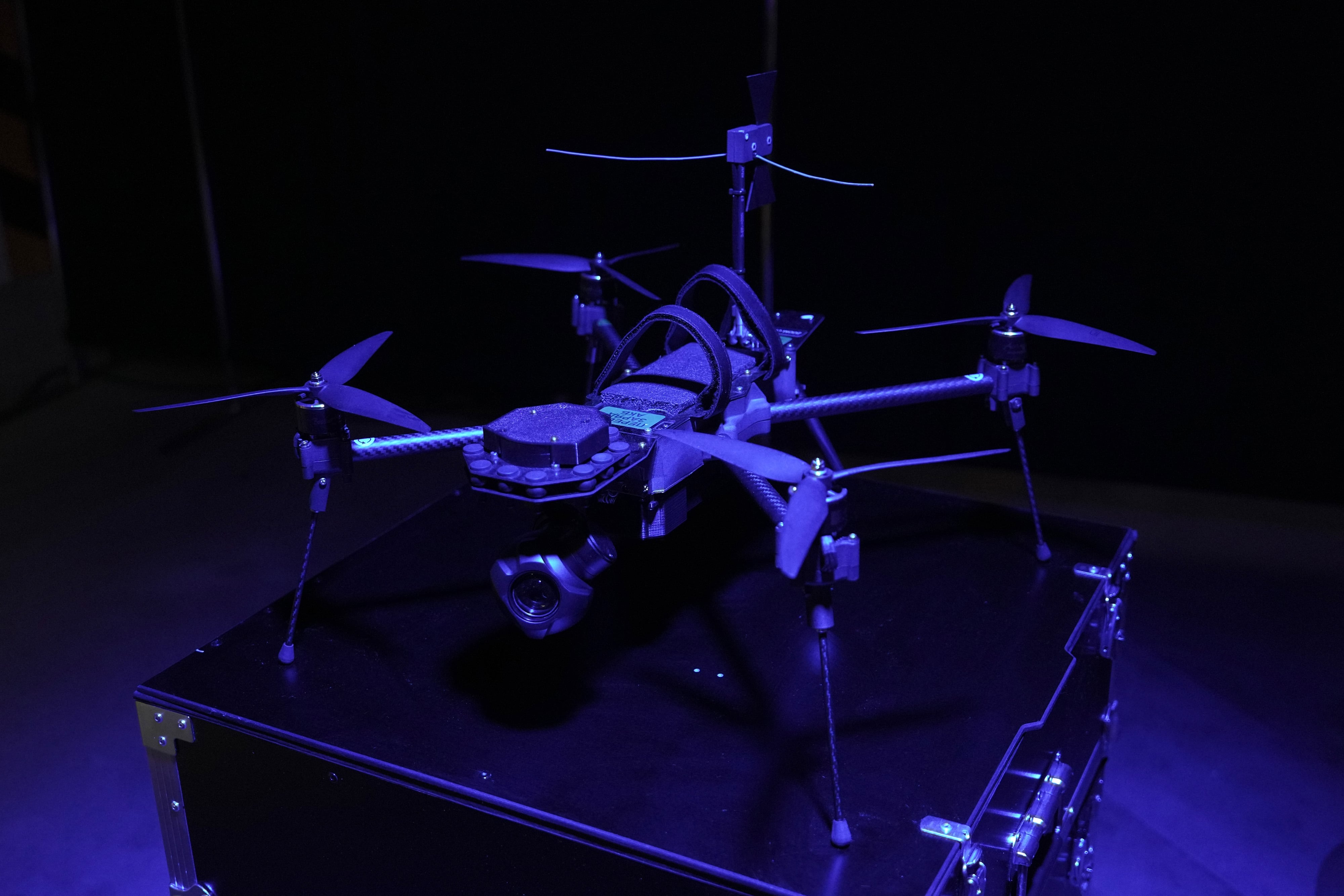WASHINGTON — A proposal in the House version of the annual defense policy bill would eliminate an oversight requirement related to the printed circuit board industry, pitting defense acquisition reform efforts against an industry claim that the move undermines an already shrinking base that is crucial to national security.
The House bill repeals a previous statutory requirement that the Department of Defense name an executive agent (EA) for printed circuit board technology. That role is to oversee the supply chain and “facilitate access to reliable, trusted, and affordable print circuit board fabrication" to meet future military requirements, according to a DoD description.
The Senate version does not remove the requirement for an EA, and instead directs the EA to conduct a report for the secretary of defense on the “health of the defense electronics industrial base,” according to the bill language. The Senate legislation also includes a call for “a plan to formalize long-term resourcing for the executive agent.”
Circuit boards act as “road maps” for defense items ranging from F−35 planes to missile guidance systems and in the wrong hands would allow enemies to “understand, replicate, even sabotage” American technologies, said Chris Mitchell, vice president of global government relations at the Association Connecting Electronics Industries.
Mitchell worries that the potential elimination of the position will shake the confidence of domestic circuit board producers and will hurt private research and development spending. He calls the language “a symbolic punch in the gut to the industry.”
In a letter, Reps. Trey Hollingsworth, R-Ind., and Ro Khanna, D-Calif., urged House and Senate defense leaders to oppose the proposal in the must-pass bill, writing that “for the EA to be stripped of its statutory authority … would send a dispiriting signal to the U.S. printed circuit board industry by calling into question the government’s commitment to a robust domestic defense electronic industry to serve DoD requirements.”
The number of American circuit board producers has dropped from 500 in 2005 to fewer than 200 today due to global competition, with the risk of reliance on foreign producers for sensitive tech motivating lawmakers to take notice of the issue, explained a staffer for Hollingsworth.
RELATED

The idea to eliminate the requirement of an executive agent arose from a Section 809 recommendation, a committee dedicated to streamlining acquisition regulations. Dropping the mandate for the position of EA for circuit boards will “facilitate freedom of action” during reorganization of the department, a January 2018 committee report said.
“Designating a senior official to serve as executive agent limits the secretary’s flexibility and is overly prescriptive” wrote the committee, noting that the “effectiveness” of the EA role “in action has not yet been determined.”
Mitchell and Lentz said the EA has had little time to provide results, as the DoD did not move to officially incorporate the EA position until 2016, even though it was first called for in the 2009 National Defense Authorization Act.
The two chambers are meeting in conference to resolve differences between their versions of the defense policy bill.
Andrew is a student in the class of 2020 at the University of Notre Dame.








